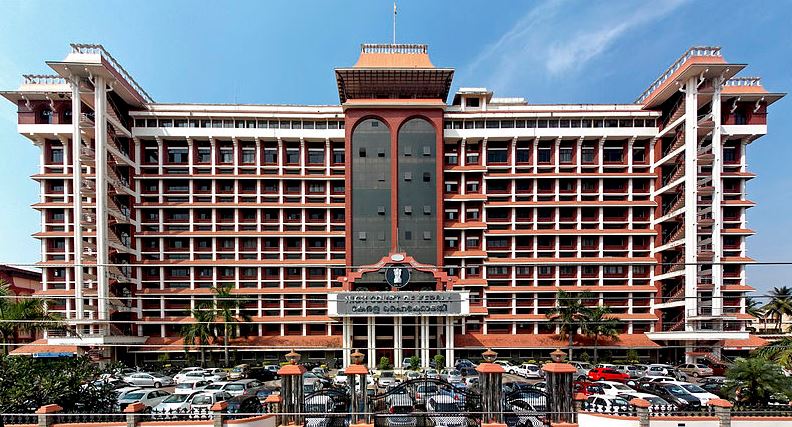Kochi
(Kerala), September 28: In a Kerala High Court’s far-reaching and significant
ruling, a compromise of marriage between the parties cannot be made grounds for
quashing of criminal proceedings against the accused under the provisions of
POCSO.
Justice V.
Shircy dismissed a petition moved under Section 482 of the Code of Criminal
Procedure, and said, "Rape is not only a very serious and inhumane offence
committed towards the victim alone but also it causes a very serious impact
upon her relatives and society as a whole. When the magnitude of the crime is
so grave and heinous as such to shock the sense of justice, a settlement
between the parties and a marriage subsequently between them are not matters
for consideration to quash the proceedings in a criminal case."
The Court’s observations
were pronounced in a case where the accused had taken a minor girl, aged 17
years, with consent from her guardians but later forcibly took her to a rented accommodation
of a co-accused, where he raped the girl.
The accused
were accordingly booked under Sections 366A, 376 and 34 of the IPC and Section
4 (read with Section 3), Section 6 (read with Section 5) and Section 17 (read
with Section 16) of the POSCO Act, 2002.
The accused petitioned
to quash the FIR and the proceedings pending before the Additional District and
Sessions Court. They said that the matter had been settled between the parties,
since the prime accused had married the victim and that now they were living
together as husband and wife. Also, the victim did not intend to proceed with
the case against the accused, the application said.
The Court
was to decide whether proceedings in respect to raping the minor girl could be
quashed in view of the compromise between the parties under Section 482 of
Cr.P.C. The Bench noted that the Supreme Court had in many decisions laid down
that the inherent power given to the High Court under this section is to
prevent abuse of process of the court and for the advancement of justice. It
felt that the powers under this section were an exception and not the rule, to
be used sparingly with great caution and circumspection.
According to
the High Court in the present case, the main offence was the rape of a minor girl, and
it was 'incontrovertible that the charges levelled against the petitioners are
of serious nature.'
Quoting a judgment
in an earlier case, "Rape is a very serious offence and it is doubtless
that it is not an offence of private in nature but is also an offence towards
society. It is worse than murder as humiliating and horrifying experiences are
caused to the victim and so it is considered the most heinous, brutal and cruel
crime against a woman. When it is towards a child the gravity is all the more
severe and excruciating as it may even low self-esteem, self-confidence and
dignity of the child and that the psychic effect and impact would cause a
devastating effect on the minor and result in far-reaching consequences.",
the court shared.
In the
present case, the court felt that the accused were not maliciously instituted or
falsely implicated with an ulterior motive, and hence a compromise entered
between the parties cannot be accepted that they do not make out a case against
the accused.
The Court
added: "...the provisions of the special Act enacted to protect and save
minor children from sexual offences and harassment are also involved, the
argument that now the victim has attained the argument that now the victim has
attained the age of majority and is living happily with 1st petitioner are not
valid grounds or justifiable reasons or decisive factors for consideration to
quash the criminal proceedings as sought for."
Hence dismissing
the petition, the Court directed the accused to stand the test of judicial
scrutiny and face trial before the trial court.

